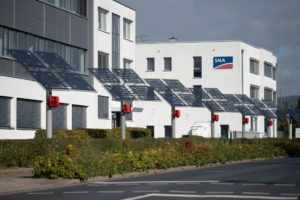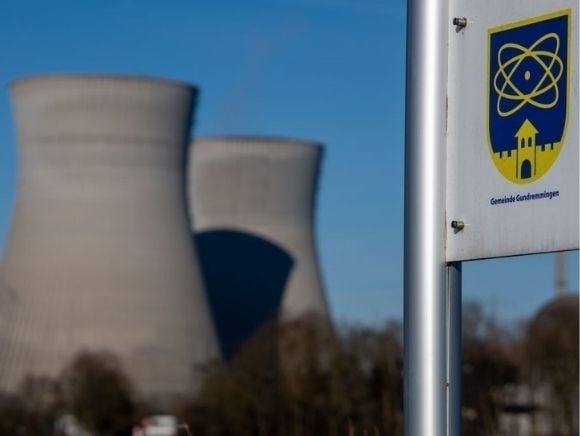A devastatingly cold winter in the northern hemisphere has created an energy shortage in Europe unlike any season previously in modern times. E.U. green advocates have discovered that the sun doesn’t shine so well during winter, nor does the wind always blow. They’ve had to bite the bullet and make a shocking concession in their goal to fight climate change.
Preamble

(Photo by Sebastian Gollnow/picture alliance via Getty Images)
Until only a few months ago, the E.U. prided itself on being the world leader in green energy with the ambitious goal of becoming carbon emission-free by 2050, and their path to that goal was solar and wind power. As part of the strategy to become sustainable, both Germany and France announced that they would build down their dependence on nuclear power.
Then winter came, not just in Europe, but also in China, the United States, India, and Russia. A wave of icy weather coincided with low output from solar panels and less wind than expected. European countries could typically rely on cheap natural gas from the North Sea and Russia. However, in 2021 the Russian gas company Gazprom nearly tripled its sales to China. The result was a massive power squeeze in the E.U.
To make matters worse, in the middle of the winter power shortage, Germany shut down half of its six nuclear power plants, thereby losing four gigawatts of energy production. The result was skyrocketing electricity prices all over Europe.
Retreat
France was scheduled to do the same as Germany but reversed the decision during the energy shortage. That was perhaps an omen of what is happening internally in the corridors of power in the E.U. A Recently leaked proposal from the European Commission states that “it is necessary to recognize that the fossil gas and nuclear energy sectors can contribute to the decarbonization of the Union’s economy.”
The document proposes classifying natural gas and nuclear power as green alternatives. It amounts to a tacit admission that the E.U.’s energy policy has been an abysmal failure. The only way to wean Europe off coal is to allow energy technologies that hitherto have been deemed sacrilege.
Several countries, including Germany, opposed the new proposal vigorously, but the signal from Brussels is still that it will be enacted.
Reality Returns
 The fact that the E.U. is willing to make such an embarrassing tactical retreat is a sign of desperation. European politicians tried to blame Russia for refusing to deliver enough gas during the energy crisis. Russian President Vladimir Putin rejected the accusation as gaslighting, explaining that Gazprom has fulfilled all its contracts and is among the few energy companies that have increased its deliveries beyond contractual obligations. Thus, Putin revealed that failed E.U. policies caused the troubles, not Russian interference.
The fact that the E.U. is willing to make such an embarrassing tactical retreat is a sign of desperation. European politicians tried to blame Russia for refusing to deliver enough gas during the energy crisis. Russian President Vladimir Putin rejected the accusation as gaslighting, explaining that Gazprom has fulfilled all its contracts and is among the few energy companies that have increased its deliveries beyond contractual obligations. Thus, Putin revealed that failed E.U. policies caused the troubles, not Russian interference.
Moscow’s reorientation toward Beijing and the failure of solar and wind power mean that if the Union wants to stave off hordes of angry Europeans demanding cheaper energy, it must change its policies and do so quickly. And so, the harsh winters with looming blackouts may soon be replaced by a nuclear summer.
~ Read more from Caroline Adana.




